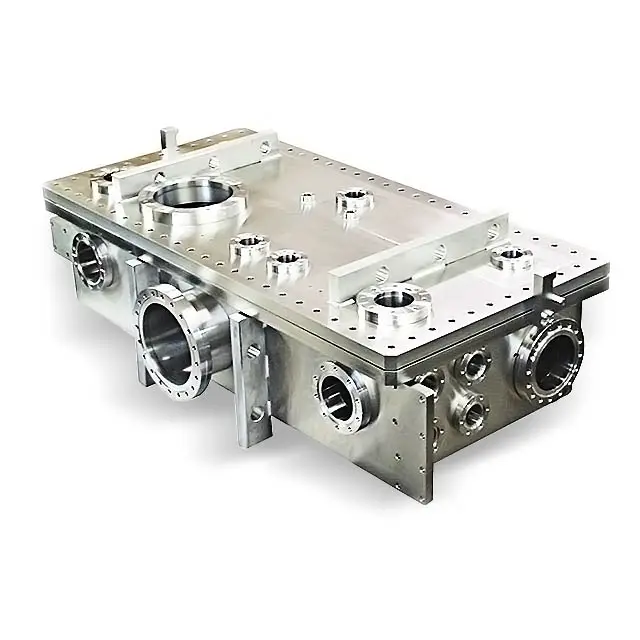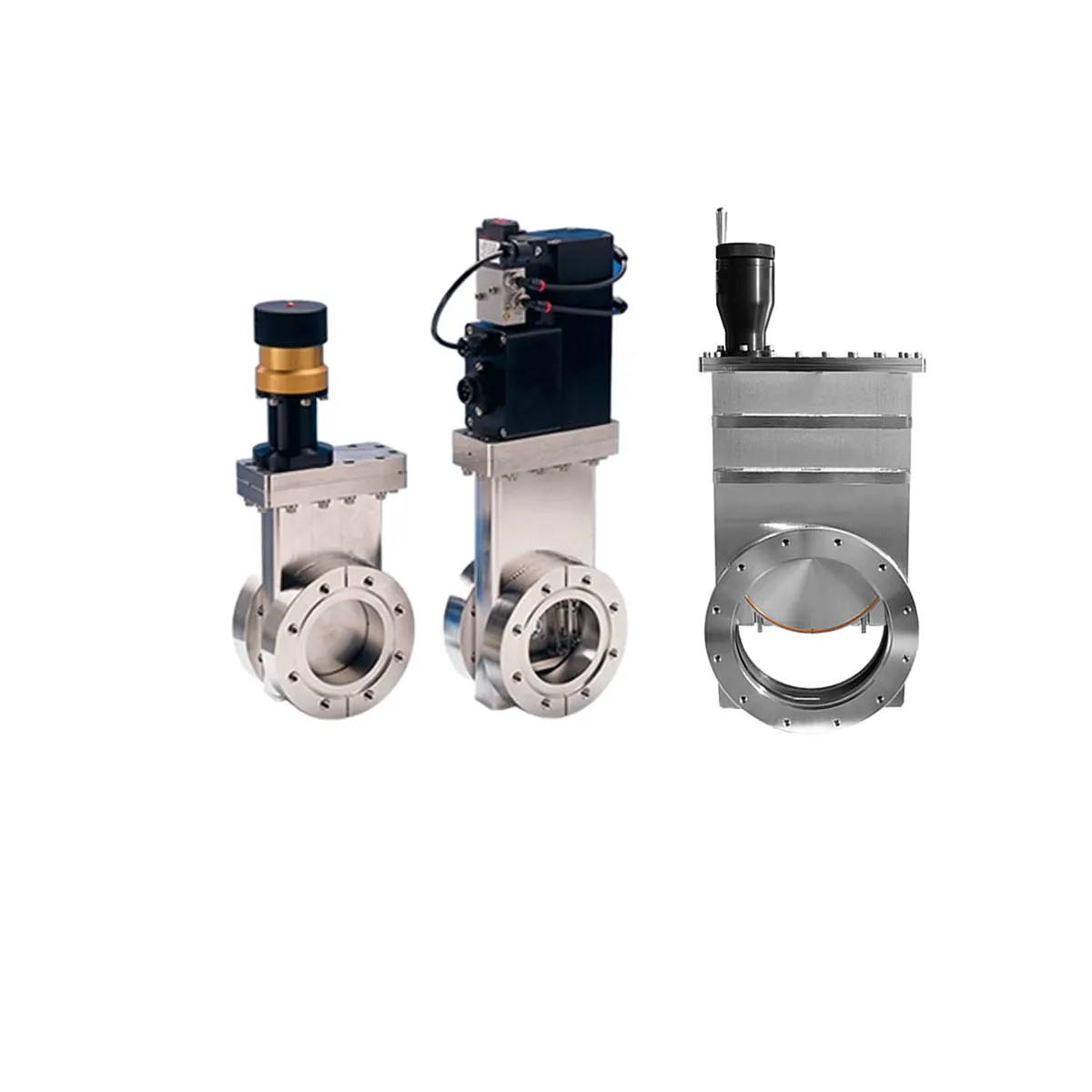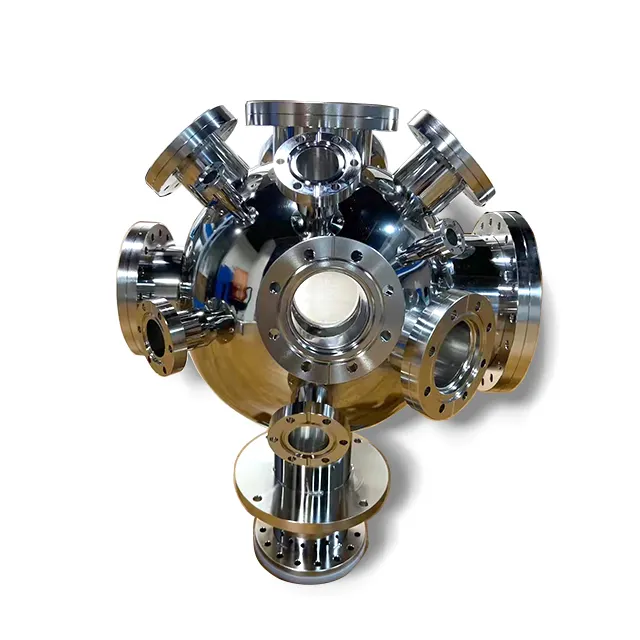industrial metal bellows
Industrial metal bellows are precision-engineered components that serve as flexible seals and connectors in various industrial applications. These versatile devices consist of a series of convolutions formed from thin-walled metal tubes, designed to accommodate axial, angular, and lateral movements while maintaining a hermetic seal. The bellows structure allows for compression, extension, and angular deflection, making them invaluable in applications requiring flexible connections or motion compensation. Their primary functions include pressure containment, vibration isolation, thermal expansion compensation, and motion transfer. Manufactured using high-grade materials such as stainless steel, inconel, or hastelloy, these bellows can withstand extreme temperatures, pressures, and corrosive environments. The design incorporates multiple plies for enhanced strength and durability, while maintaining flexibility. Industrial metal bellows find extensive use in aerospace, chemical processing, semiconductor manufacturing, and power generation industries. They are critical components in vacuum systems, heat exchangers, expansion joints, and pressure sensors. The manufacturing process involves precision forming techniques, including hydroforming or mechanical forming, followed by rigorous testing to ensure reliability and longevity.


